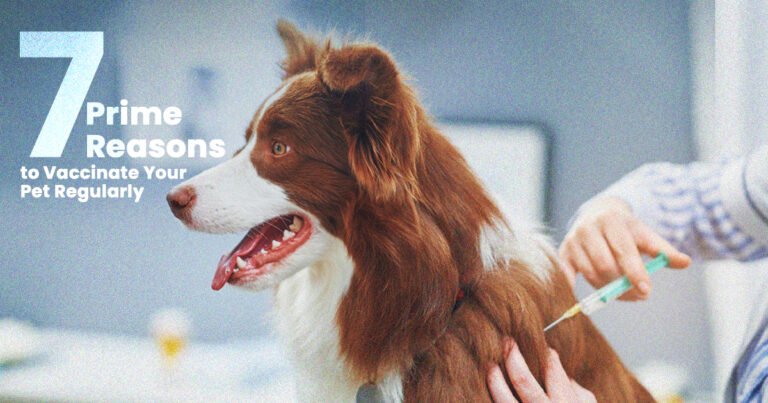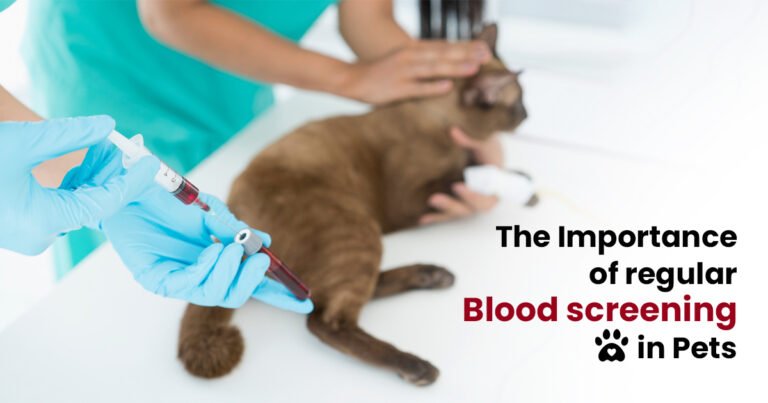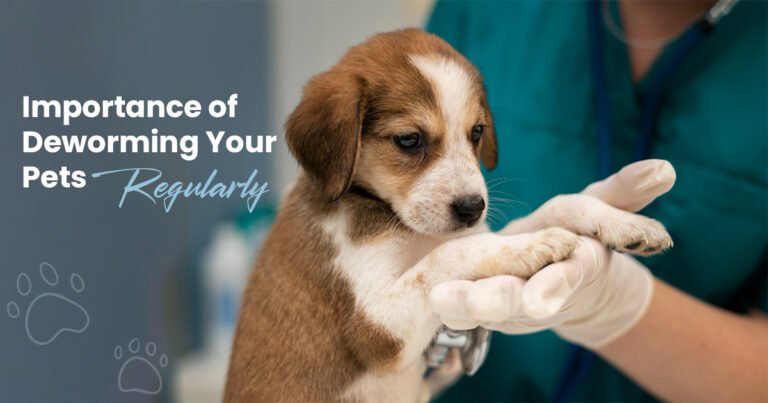Pet Owner Information

Pet Wellness Exam
At Cornwall Animal Hospital, we emphasize routine pet wellness exams because your pet’s health can change quickly—and early detection is key to effective treatment. Since pets age faster than humans, we recommend annual checkups for younger pets and semi-annual visits for those over 7 years old. Each wellness exam includes a thorough physical evaluation of the eyes, ears, skin, heart, neurological and skeletal systems, along with diagnostic testing when necessary—such as bloodwork, urinalysis, X-rays, or ultrasound—to monitor internal health and catch issues early. Our trained veterinary team is fully equipped to handle a wide range of health conditions, and in more serious cases, hospitalization or further diagnostics may be required. We’re committed to helping your pet live a longer, healthier life—call us at 905-842-8800 to book a wellness exam today.

Ultrasonography
Ultrasonography, or ultrasound, is a non-invasive diagnostic imaging technique used to visualize internal organs and structures in real time. It complements radiography (X-rays) and helps assess vital areas such as the heart, liver, kidneys, bladder, gallbladder, and more. Ultrasound is especially useful for detecting fluid buildup, cysts, tumors, abscesses, and even monitoring pregnancies. During the procedure, a handheld device called a transducer is moved gently over the skin with a layer of gel to produce clear images through sound wave reflections. The process is painless, safe, and offers valuable insight into your pet’s internal health without any known side effects.

Dermatology
Dermatology refers to the study and treatment of skin conditions, which are common concerns in both dogs and cats. While some skin issues can be identified through a basic physical exam, many require further diagnostic steps such as blood tests, urinalysis, skin scrapings, or biopsies to determine the underlying cause—which may range from allergies and hormonal imbalances to parasites like fleas. If your pet is excessively scratching, losing fur, or showing signs of scabs, redness, or scaling, it’s important to schedule an appointment for a thorough dermatological evaluation and treatment plan.

Endoscopy
Endoscopy is a minimally invasive diagnostic procedure that allows veterinarians to visually examine and biopsy internal organs without the need for major surgery. This technique is especially useful for investigating gastrointestinal issues or retrieving accidentally swallowed foreign objects. Endoscopy provides a safe, efficient way to diagnose and treat certain conditions with reduced recovery time and minimal discomfort for your pet.

Cardiology
Heart conditions can affect pets at any age, though they are more commonly diagnosed in older animals. Heart failure occurs when the heart can no longer pump blood efficiently, often leading to fluid buildup in the lungs or abdomen—resulting in symptoms such as persistent coughing, difficulty breathing, and fatigue. Causes may include congenital heart defects, valve disease, heartworm infection, or abnormal heart rhythms (arrhythmias). While some issues can be detected during a physical exam, accurate diagnosis typically requires advanced testing such as electrocardiograms (EKGs), chest X-rays, and echocardiography (ultrasound of the heart). Early detection and treatment are essential to managing your pet’s heart health effectively.

Tonometry
Tonometry is a quick, painless procedure used to measure the pressure inside your pet’s eyes and is essential for detecting glaucoma and other ocular conditions. Using a specialized device called a tonometer, we can safely assess intraocular pressure without sedation. Early detection of glaucoma is critical, as it can lead to permanent vision loss or blindness if not treated promptly. Pets with eye injuries or breeds predisposed to glaucoma should be tested regularly. Contact us right away if you notice symptoms such as dilated pupils, cloudy or red eyes, bulging of one eye, excessive tearing, squinting, or if your pet is rubbing their face—these may be signs of serious eye pressure issues requiring immediate attention.

Microchipping
Microchipping is a safe, permanent way to help identify and reunite lost pets with their families. A microchip—about the size of a grain of rice—is placed just under the skin at the back of your pet’s neck. If a lost pet is found without visible ID, a vet or shelter can scan the chip, retrieve the pet’s unique ID number, and contact the registered owner. Collars and tags are useful but can fall off or be removed, making microchipping a crucial backup. We strongly recommend microchipping as an added layer of protection, giving your pet the best chance of returning home safely. Contact us to schedule a quick, simple appointment and ensure your pet is always identifiable.

Soft Tissue Surgery
Soft tissue surgery includes procedures not related to bones and covers a wide range of essential treatments for pets. Common examples include the removal of lumps or masses—many of which are benign, but early removal and diagnosis are critical if cancer is a concern. Surgery is also often needed for laceration repair to reduce infection risk and promote quicker, cleaner healing. Breeds prone to chronic ear infections may benefit from surgical procedures that improve airflow and reduce recurrence. Eye conditions like corneal injuries or issues caused by eyelid hairs may also require surgery to improve healing, reduce scarring, and restore vision. These procedures not only alleviate discomfort but significantly improve your pet’s long-term health, comfort, and quality of life.
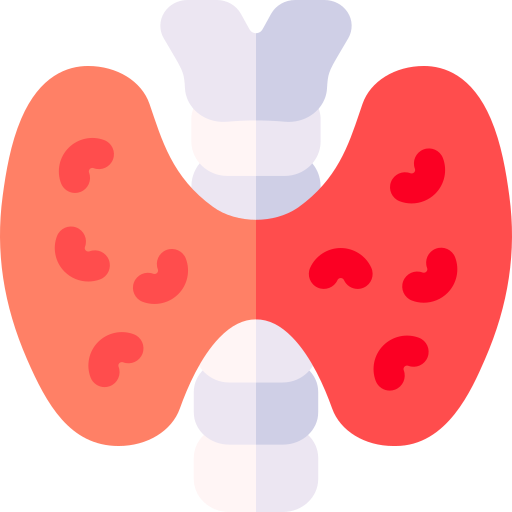
Endocrinology
Endocrinology focuses on the diagnosis and treatment of hormone-related disorders, which are fairly common in both dogs and cats. Conditions such as hypothyroidism in dogs (low thyroid hormone levels) and hyperthyroidism in cats (elevated thyroid hormone levels) are frequently diagnosed. Other endocrine disorders include Cushing’s Disease and Addison’s Disease, each affecting the body’s hormonal balance in different ways. Symptoms may include changes in energy, behavior, appetite, water intake, urination, panting, skin issues, or unexplained weight loss or gain. If your pet is showing any of these signs, a thorough endocrine evaluation may be necessary to ensure early diagnosis and effective treatment.
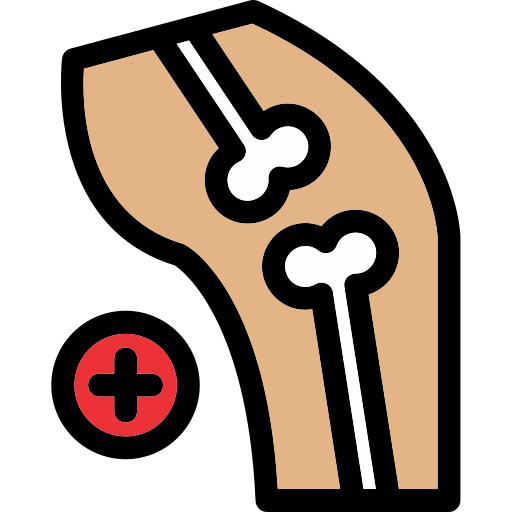
Orthopedic Surgery
Orthopedic surgery is often required for various conditions involving the bones and joints, including leg fractures, hip dysplasia, disc disease, and other musculoskeletal issues. Most procedures can be performed in our hospital, while more complex cases may be referred to highly experienced surgeons. Leg fractures are among the most common orthopedic concerns we treat, usually resulting from accidents. Depending on the type and location of the fracture, treatment options include casting, intramedullary pinning (inserting a steel rod into the bone), plating (using metal plates and screws), or external fixation (stabilizing the bone with external pins and rods). Our orthopedic and surgical capabilities cover a wide range of systems: the musculoskeletal system (bones and joints), gastrointestinal tract (stomach, intestines, and colon), respiratory tract (lungs and heart), and genitourinary system (bladder and prostate), ensuring comprehensive and specialized care for your pet’s health and mobility.
Our Pet Blog
- 1
- 2


